The Trump administration has introduced a new visa policy aimed at foreign officials who pressure U.S. tech companies to censor American citizens online.
The policy will deny visas to those who attempt to force platforms like Apple, Google, Meta, or X (formerly Twitter) to remove or moderate posts from U.S.-based users.
Secretary of State Marco Rubio said the move responds to what he called “flagrant censorship actions” by foreign governments, which he claims threaten American free speech and national sovereignty.
The policy is seen as a direct response to incidents such as Brazil’s temporary ban on X and suspension of Rumble, actions led by Justice Alexandre de Moraes. U.S. officials have also expressed concern over similar laws in Germany and the UK that regulate online hate speech.
Vice President JD Vance and other officials argue that these foreign laws often target conservative views and restrict democratic debate. The new policy is designed to protect U.S. tech firms caught between complying with local laws abroad and upholding free speech rights guaranteed under U.S. law.
However, the decision could strain diplomatic ties. Countries like Brazil and Germany may retaliate by tightening local regulations or imposing penalties on U.S. platforms, potentially affecting business and revenue.
The visa restrictions mark a bold shift in U.S. digital policy, prioritizing the defense of American tech companies and online speech while risking greater conflict with foreign governments.


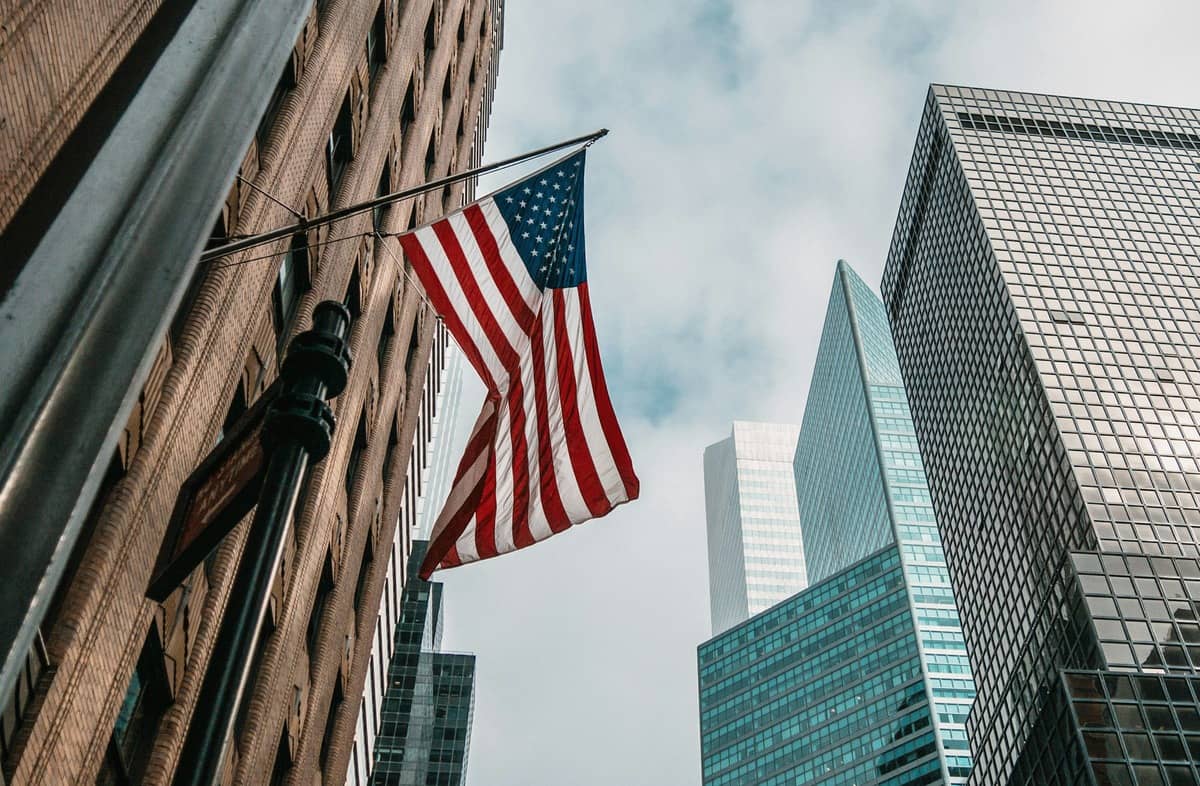

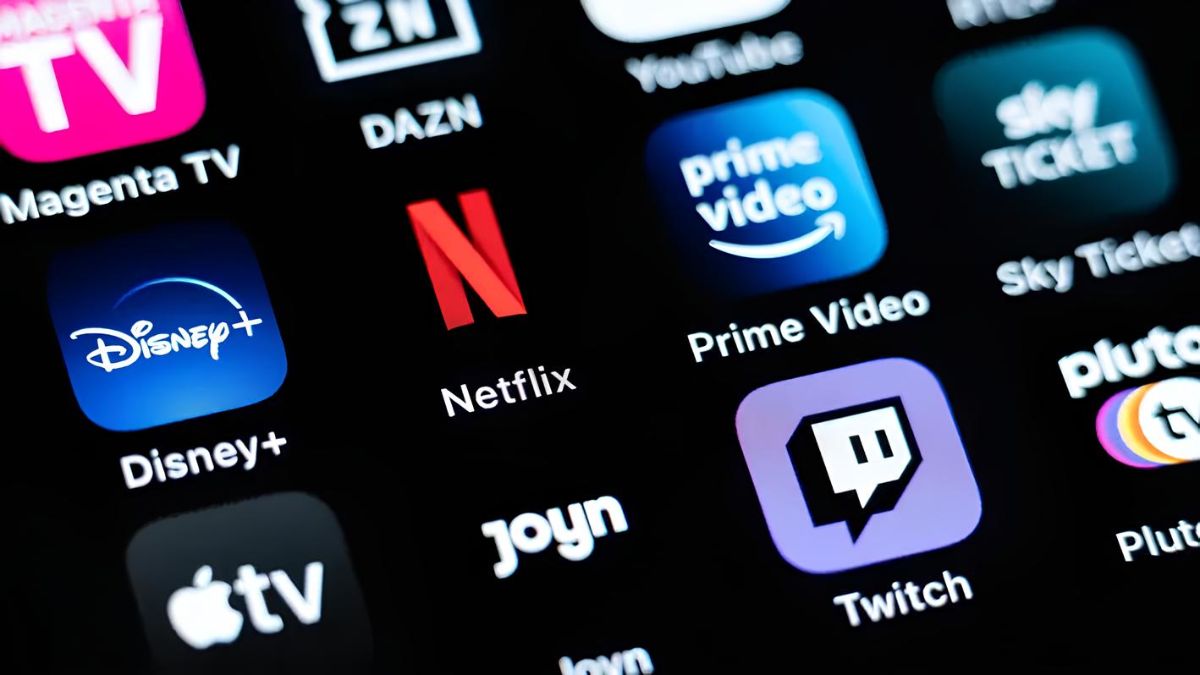


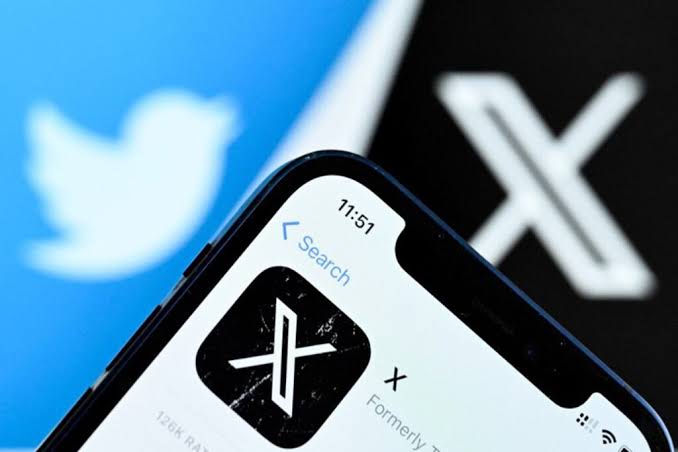
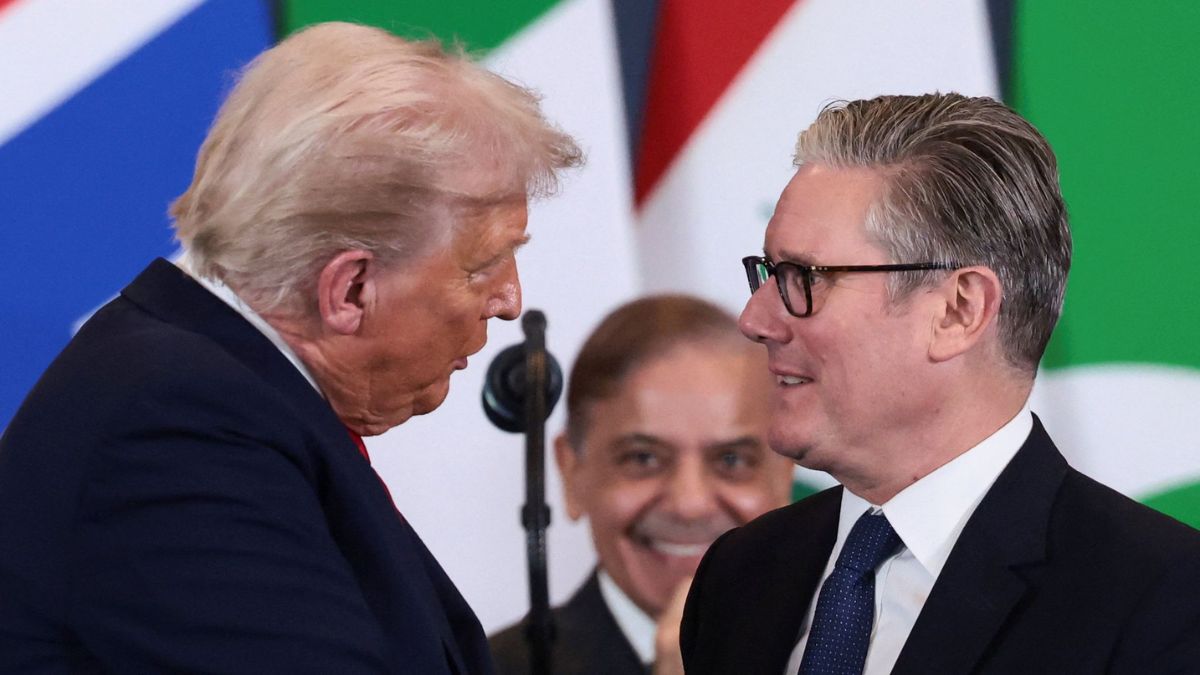
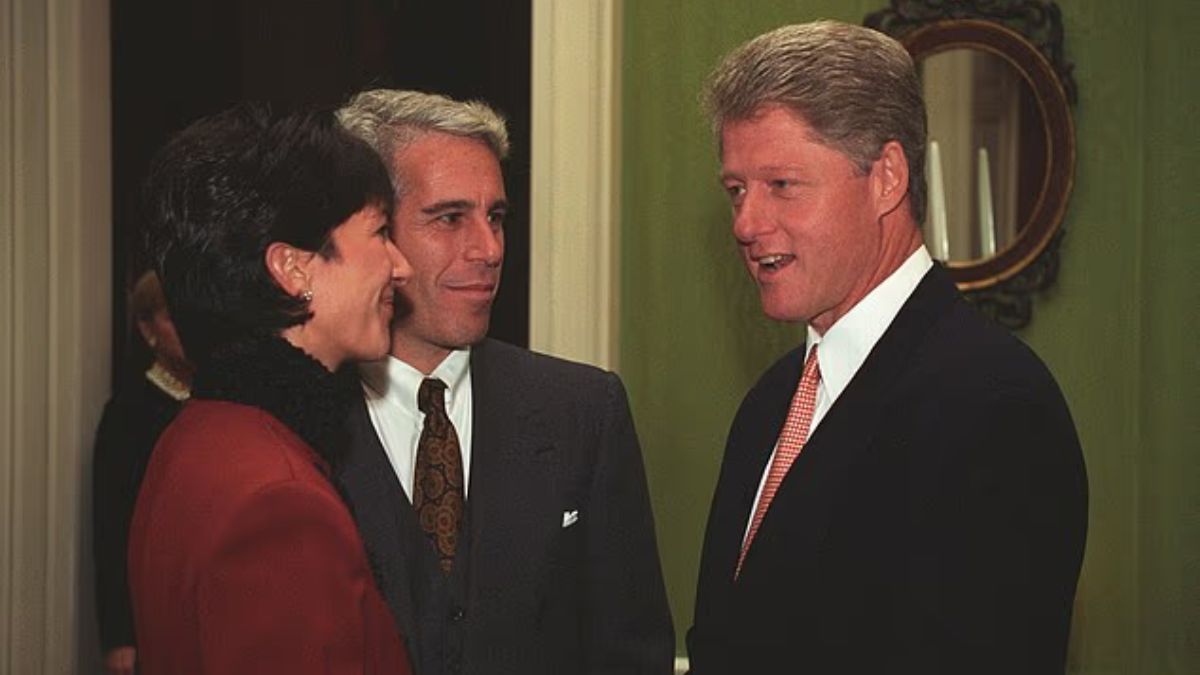
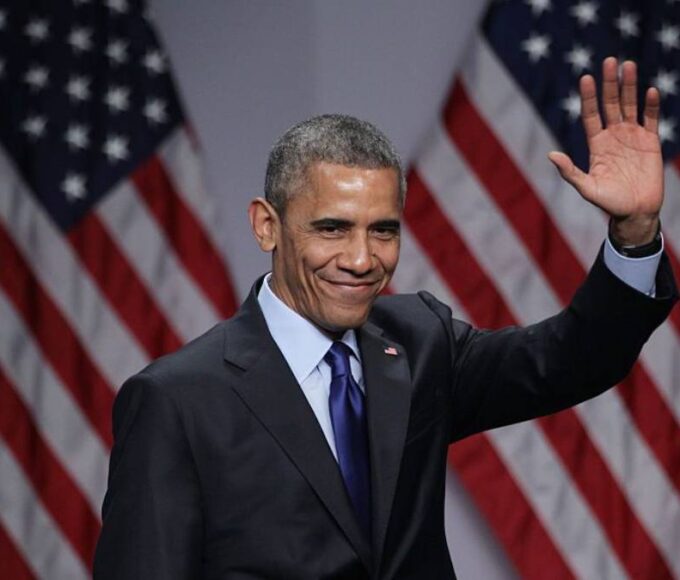

Leave a comment